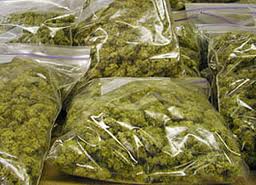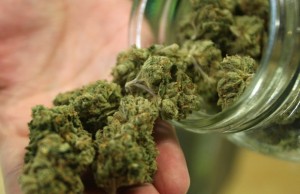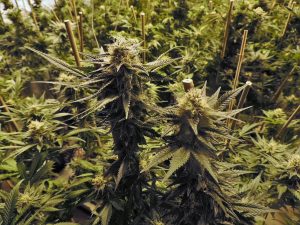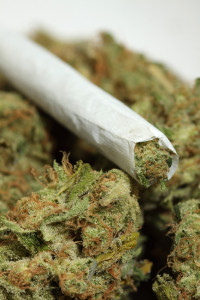 The legalization of marijuana for recreational use will not become a reality in Maryland this year, as state politicians have conceded that their efforts will have to wait until 2022. The work of several lawmakers in Annapolis sparked interest across party lines over the possibility of regulating marijuana for recreational use. Lawmakers and lobbyists were excited by the opportunity to end needless criminal prosecution over a substance that Maryland residents want to access, while also generating millions of dollars in tax revenue for the state. Both the House and the Senate debated bills that would have established a licensing process for recreational marijuana sales, along with a tax structure to generate revenue. The bills were wordy and complex, but produced several interesting snippets that appeared in news headlines across the state’s media outlets.
The legalization of marijuana for recreational use will not become a reality in Maryland this year, as state politicians have conceded that their efforts will have to wait until 2022. The work of several lawmakers in Annapolis sparked interest across party lines over the possibility of regulating marijuana for recreational use. Lawmakers and lobbyists were excited by the opportunity to end needless criminal prosecution over a substance that Maryland residents want to access, while also generating millions of dollars in tax revenue for the state. Both the House and the Senate debated bills that would have established a licensing process for recreational marijuana sales, along with a tax structure to generate revenue. The bills were wordy and complex, but produced several interesting snippets that appeared in news headlines across the state’s media outlets.
The House and Senate bills aimed to establish a lawful possession threshold of 4 ounces of flower cannabis, which is roughly ten times the amount that currently separates a civil infraction from criminal possession of marijuana. Many lawmakers have taken issue with the current marijuana possession law due to the arbitrary assignment of 10 grams as the amount that triggers criminal prosecution. There has never been any logical explanation why the legislature settled on 10 grams other than it being a nice round number. Marijuana is not typically sold in increments of 10 grams either legally or on the street, and it is entirely reasonable for regular marijuana users to purchase more than 10 grams at a time for their own personal use. In addition to drastically increasing the amount of pot that could be lawfully possessed, lawmakers likely would have allowed Maryland residents to grow their own marijuana plants. There were provisions in both bills that would have mandated personal cultivation to be out of public view and carried out in a manner that would not provide access to minors. Lawmakers could have agreed on these issues in time for a unified bill to be presented to the governor. What they could not agree upon however were more complex issues such as the potential tax rates and the amount of licenses that would be issued.
It has always been our position that a cap on the number of licenses is unfair and encourages a corrupt application process, where those with connections seem to come out on top. There is no logical reason to place a limit on the number of recreational licenses, just as there is no reason to limit medical grow and dispense licenses. The state could easily develop a strict and well-funded regulatory arm for recreational marijuana, and all qualified applicants should be permitted to engage in the marijuana business provided they could adhere to the regulations. Arguments that without license caps recreational marijuana stores could then line the streets of every neighborhood are naïve and unfounded. It is a great expense and a time-consuming endeavor to open a dispensary, and no investor would make this commitment only to fail due to an overly saturated market.
 Criminal Defense Lawyer Blog
Criminal Defense Lawyer Blog








